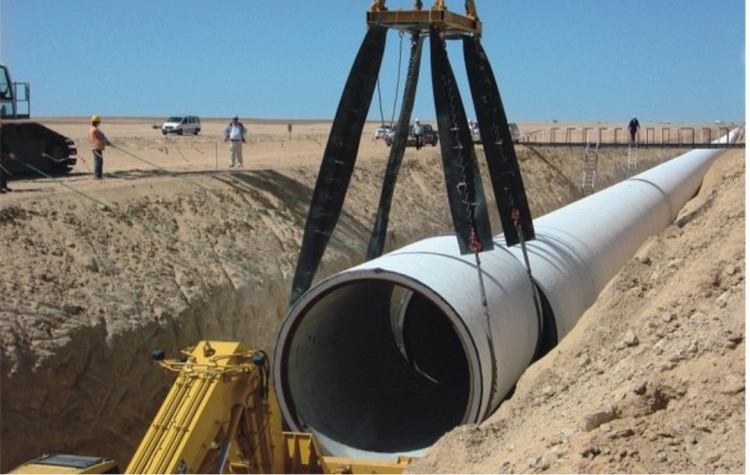The Democratic Republic of Congo wants to participate in the development of the proposed crude oil export pipeline on the Ugandan side of the Lake Albertine rift basin, Uganda’s energy and minerals minister said on Wednesday.
Discussions are ongoing between Uganda and Congo about Kinshasa’s potential investment in the project, which could cost up to $4.5 billion, Irene Muloni told The Wall Street Journal in an interview.
Lambert Mende, Congo’s information minister, confirmed the development, which underscores a potential thaw in the relations of the two neighboring nations, which have bickered for years over the ownership of oil fields that straddle their poorly marked border. Congo becomes the latest nation after South Sudan, Rwanda and Kenya to show interest in the project, which is expected to link the recently discovered vast oil reserves to international markets through the Kenyan port of Lamu.
“We are welcoming more partners, we want an optimum utilization of the pipeline,” Ms. Muloni said.
Uganda has confirmed some 6.5 billion barrels of crude reserves in the Lake Albertine Rift basin. The Congolese side could potentially have as much as 3 billion barrels of crude, according to Fleurette Group, which owns two blocks in Congo. Total, which has operations in Uganda, also has interests in one of the blocks on the Congolese side.
Japan’s Toyota Tsusho 8015.TO +1.99% is currently carrying out a feasibility study and initial designs for the 1,300 kilometer pipeline.
The pipeline to Lamu will run through Lokichar basin in northwest Kenya, where the U.K.’s Tullow Oil TLW.LN +1.34% has discovered about 600 million barrels of crude. The pipeline will also provide an alternative export route for South Sudan’s crude. Currently, Juba relies on a pipeline through its northern neighbor and former war foe Sudan. Rows between the two have disrupted crude exports.
According to Ms. Muloni, Ugandan projects will come on stream by 2018, “most likely when global crude prices have recovered from the current slump.”
Source: The Wall Street Journal












